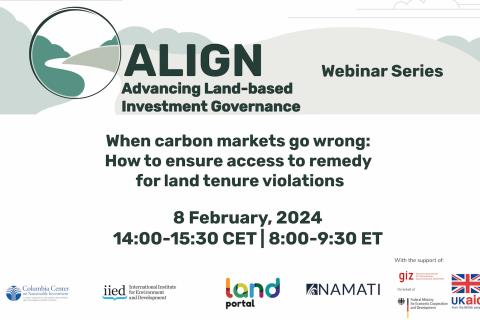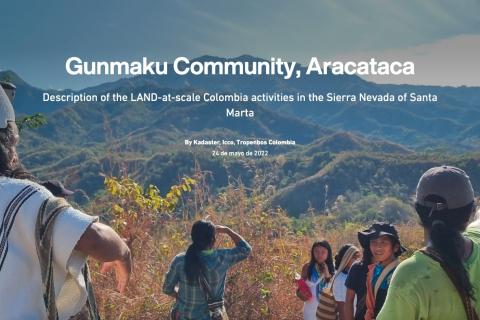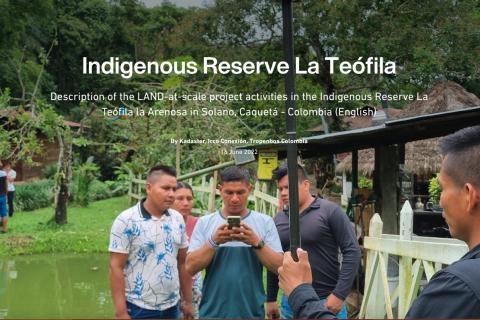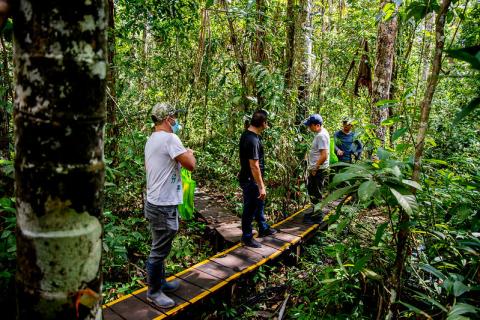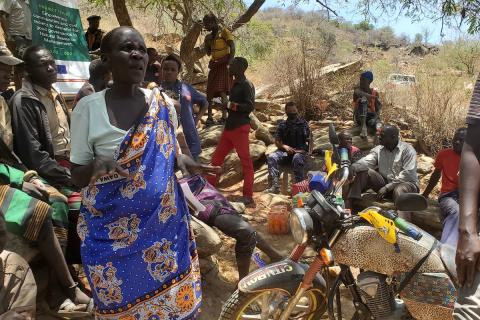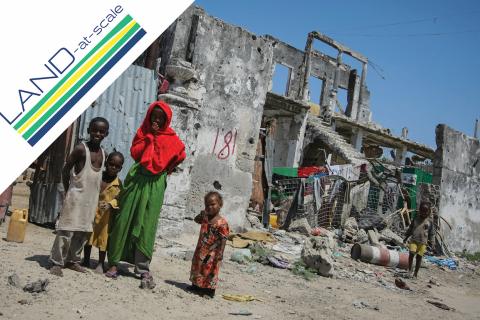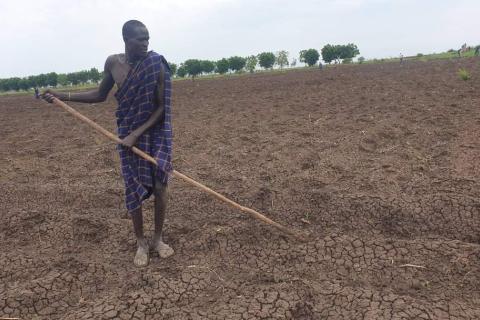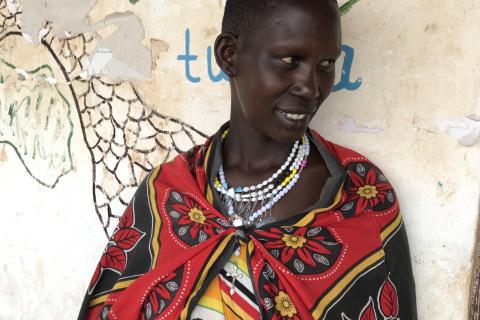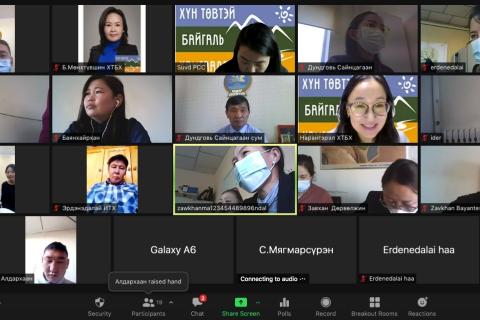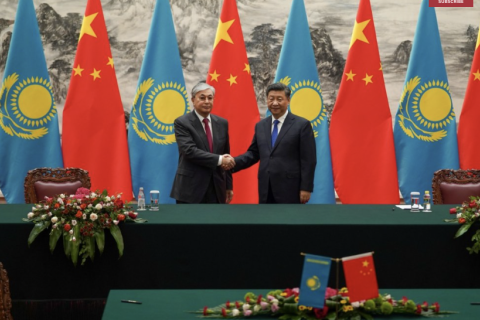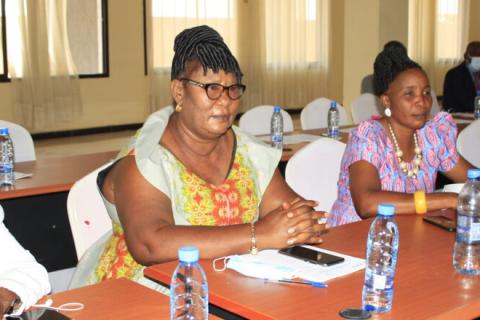Webinar Recap : When carbon markets go wrong - How to ensure access to remedy for land tenure violations
This webinar, the fourth of the Advancing Land-based Investment Governance (ALIGN) series, took place on February 9th, 2024, under the title “When carbon markets go wrong: How to ensure access to remedy for land tenure violations”. The webinar drew in 562 participants and featured panelists from policy experts to community leaders. The webinar was jointly organized by the Land Portal Foundation, the International Institute for Environment and Development (IIED), Namati and the Columbia Center on Sustainable Development (CCSI).

